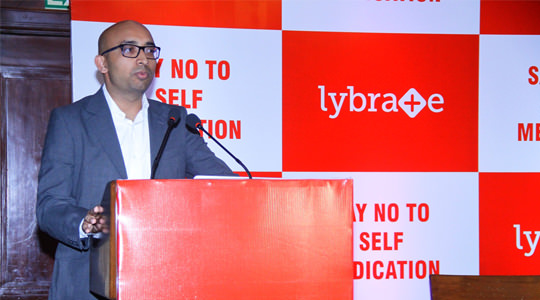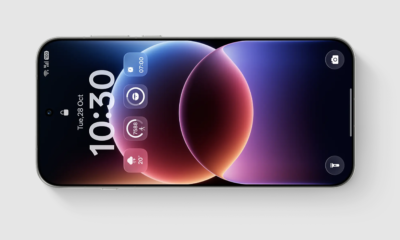News
Medtech start-up Lybrate gets $10M; plans to be the Facebook of healthcare
Lybrate, an Indian healthcare communication platform has announced that it has successfully raised $10.2M in its Series A funding from notable investors Tiger Global Management,
Indian healthcare communication platform Lybrate announced today it has secured US$10.2 million in series A funding from Tiger Global Management, Indian business tycoon Ratan Tata, and existing investor Nexus Venture Partners. The company previously received US$1.2 million in seed funding.
Lybrate’s model allows users to get credible solutions or second opinions for their health issues from an open-ended platform where a pool of trusted doctors are present. After choosing a doctor, users will get private consultation. They can also share their medical reports, pictures, previous medications or any other record in a personal chat with the doctor. Moreover, Lybrate also manages these records and helps patients book appointments.
The startup claims to have 80,000 doctors from various specialties from across India connected with its service. The app has half a million downloads in the last five months and over 100,000 patients visiting the platform every day. The fresh funding will be used to develop products, recruit talent, augment technology, and scale operations.
Founder Saurabh Arora was working for Facebook earlier where he would aid SMBs to connect with their customers via their ad platform.
“I wanted to come back to India and utilize the same skill set of connecting people using technology and was intrigued by the lack of innovation in healthcare despite the booming ecommerce industry. Hence I decided to start Lybrate that would go on to leverage mobile phones as a primary medium to get connected to doctors across India,” Arora said.
Arora also thought about the lack of trusted doctors in India. He believes that there is a large supply-demand issue in the country. The ratio of doctors and people is just 1:1800. These figures are just an overview as the situation is much worse since most of these doctors are concentrated in metropolitan and tier-1 cities. Arora believes that technology can bridge this gap.
He claims that Lybrate’s interaction on an open platform and private chat make it similar to Facebook. Moreover, users have the ability to remain anonymous when approaching doctors since health issues are often perceived to be taboo.
While its recent funding sounds good for the company, it is not without competitors. Sequoia and Matrix backed Practo, Ventureast backed MediAngels and rising start-up HelpMeDoc have been leading names in this sector. However, Lybrate is the only one which is using a social media approach.








































